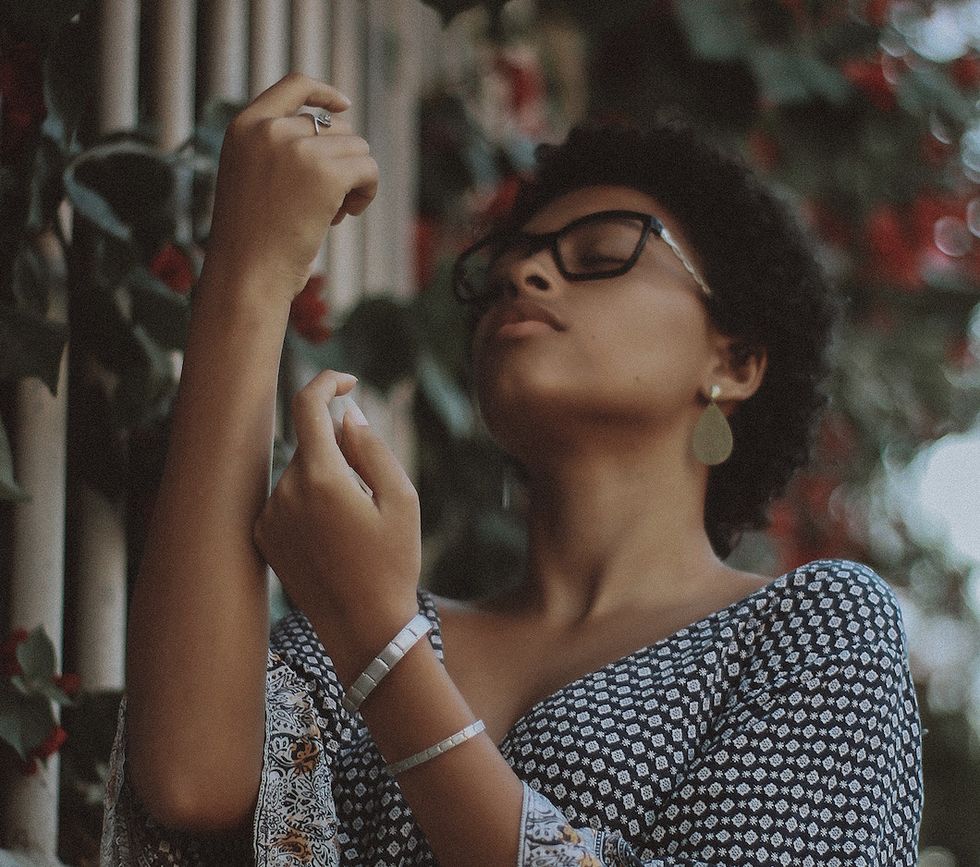I have spent the last two years of my life attempting to unlearn the various lessons that our society has made an effort to teach me regarding my identity as a black woman. Some of these lessons include the following:
- My beauty is contingent upon the white eye’s acknowledgment of it.
- My beauty can only be a result of my ability to assimilate into what it has deemed as beautiful.
- My beauty comes through my ability to suppress my black identity.
- My black body can be susceptible to an automatic hypersexualization, although neither engaging in nor alluding to sexual actions.
- My black body is one to be conquered and validated by everyone but myself.
- My “inappropriate” hair must be fixed and mended to appease my counterparts.
- The darker my skin, the less beautiful I was.
- The louder I was, the less attractive I would seem.
- The angrier I presented to be, the less seriously I would be taken.
- The more I embraced my black identity, the less safe I would be.
The litany persists, but frankly, there are too many lessons to explicitly discuss.
Between the ripe ages of fourteen and sixteen, while attending a predominantly white private high school, I spent substantial time working towards detaching myself from my black identity. I desired to fit society’s definition of beauty; there was one thing in the way of that: my blackness.
For so long, I had been taught that the darkness of my skin equated to inferiority and a lack of beauty; frankly, I believed it. I only saw myself as black, I seldom recognized the various attributes, beyond my physical appearance, that made me who I was. I didn’t regard my intellect, my mental capacity, or even my personality as characteristics of importance to what I viewed in my mirror on a daily basis. It was my skin.
It was only my skin that erupted the identity confliction that remained within me from Freshman year to about Junior year of high school.
At the time, I knew little regarding the structural reality of racism, but I didn’t understand the complexity of such an institution. I didn’t understand that the rules that I vowed to live by were direct products of this institutionalized concept that skin depicts one’s place in society; that one’s place in society, based on skin color, could be the foundation of the environment that I rightfully yearned to appeal to.
Upon entering my senior year, I began to learn more about my black identity; not through the standards of what was deemed “beautiful” in the eyes of society, but I looked to learn about the actual history of the black identity.
I focused on immersing myself in avenues of black history that my Western-centric and dominant white narrated educational experience deliberately left out: the representation of black people, throughout history, as warriors, intellectuals, and leaders of their own craft, even though institutional realities worked to debilitate their physical, mental, and spiritual potential.
Now, sitting here as a nineteen-year-old, I look at my black skin, my black ancestors, my story, and the litany of stories that have allowed my existence, and I feel much gratitude. No longer will I seek to find my identity by assimilating and adopting certain attributes of society that will denounce my black identity.
I am black, always have been, and always will be.
The difference between my black identity now and three years ago, is that before, I was ashamed, and today, I couldn’t be more proud to be black.



































